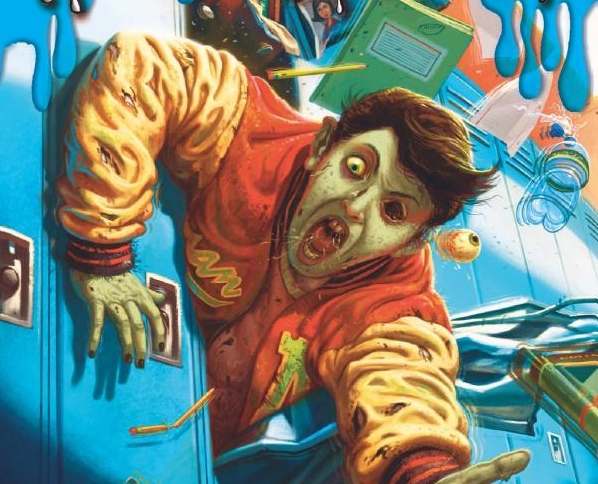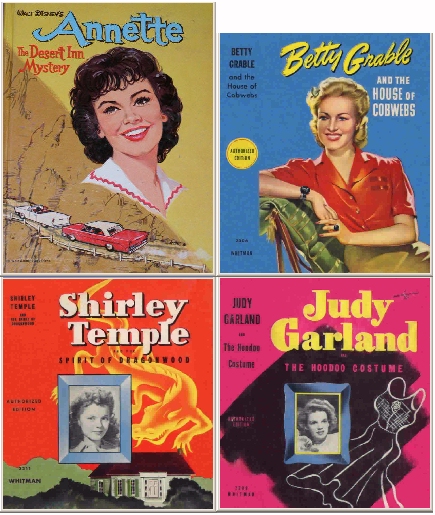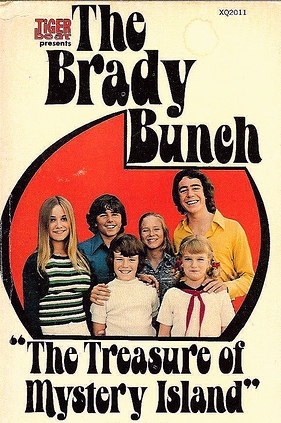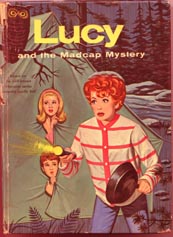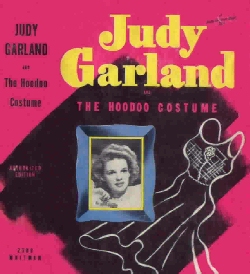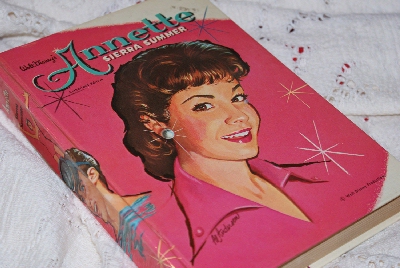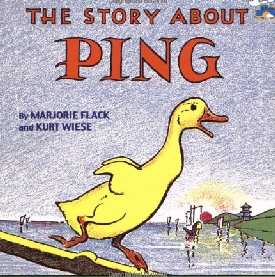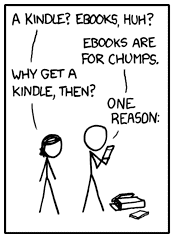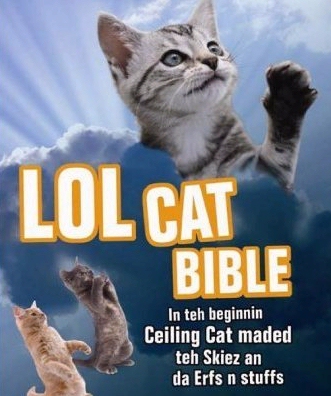
Now even The Huffington Post is talking about last week’s Kindle parody from The Onion. But it’s just the latest in a flood of great Kindle jokes that The Onion has cranked out over the years. In fact, one of my all-time favorite fake news headlines about the Kindle came from The Onion back in 2010 — a funny announcement about the president of Amazon.
“‘The Kindle Is Easier To Read In Bright Sunlight,’ Amazon CEO Shouts At Customers In Apple Store….”
It was a nod to Amazon’s then-ongoing war with the iPad, but that fake headline got a real rise from Twitter’s assortment of geeks, Apple fans, and Kindle lovers. The headline appeared on The Onion’s Twitter feed, which had millions of followers — and within days, over 100 people had “re-tweeted” the message to their own followers on Twitter. But then I discovered it wasn’t the first time the humor site had joked about the Kindle. When Amazon released the Kindle 2, The Onion was there with a quick list of its new features.
– A lot fewer dangling wires
– …is not just a hollow box with a clear plastic window that you insert books into…”
And earlier that year, at the Consumer Electronics Show, The Onion also joked that for nostalgic users, the Kindle now “signals a logging crew to cut down 10 trees for every book purchased with the device.”
Last week The Onion released a larger two-minute video with footage from a (fake) announcement of a new Kindle — one that repeatedly announces the title of the ebook you’re reading, so everyone around you can see how smart you are. But it’s all got me wondering whether The Onion is really making fun of Amazon’s digital reader — or if they’re secretly fans of the Kindle! For example, their “American Voices” segment once showed the heads of three people, responding to the news that ebook sales were [almost] surpassing sales of printed books. One of them announced that he wasn’t surprised by the popularity of ebooks, because “…if you’re reading a hardcover book, strangers try to start conversations with you. If you’re reading off a Kindle, people just stare at your awesome Kindle.” And the same fake people were also there in March, ready to react to the news that Amazon had temporarily pulled all the books from Macmillan publishing house.
“Publishing house? I thought Stephen Coonts just typed all the books right into Amazon!”
And The Onion even offered opinions about Amazon’s foray into the market for college textbooks. “It does make sense for students to keep all the books they’re not going to read in one device, rather than lugging a big heavy bag around.”
Although right now, I’m wondering if The Onion really is at war with Amazon. Three years ago, you could buy entire ebooks filled with humor from The Onion — like Homeland Insecurity: The Onion Complete News Archives, Volume 17. (“This collection features the entire archive from November 2004 to December 2005…”) In print it came out to a whopping 320 pages, but the ebook edition released in May of 2010 has mysteriously since disappeared from Amazon’s site!
But you can still buy an ebook by written by The Onion’s columnist, Jean Teasdale. It’s called A Book of Jean’s Own!: All New Wit, Wisdom, and Wackiness from The Onion’s Beloved Humor Columnist, and it’s a tongue-in-cheek newspaper column that’s apparently written by a cheerful yet secretly unhappy housewife.
I’ve been enjoying The Onion’s skewed take on the news for over 15 years, but I have to admit that they finally got me. Reading through their fake news stories, I discovered their announcement of a new “U2 Edition” of the Kindle, which ships pre-loaded with all of the favorite books by the rock band U2. For half a second, I wondered if Amazon really had released a special Kindle edition, and I actually spent a few minutes frantically searching for it in Amazon’s Kindle store.
Zing!
And remember, you can also subscribe to The Onion on the Kindle for just $1.99.
